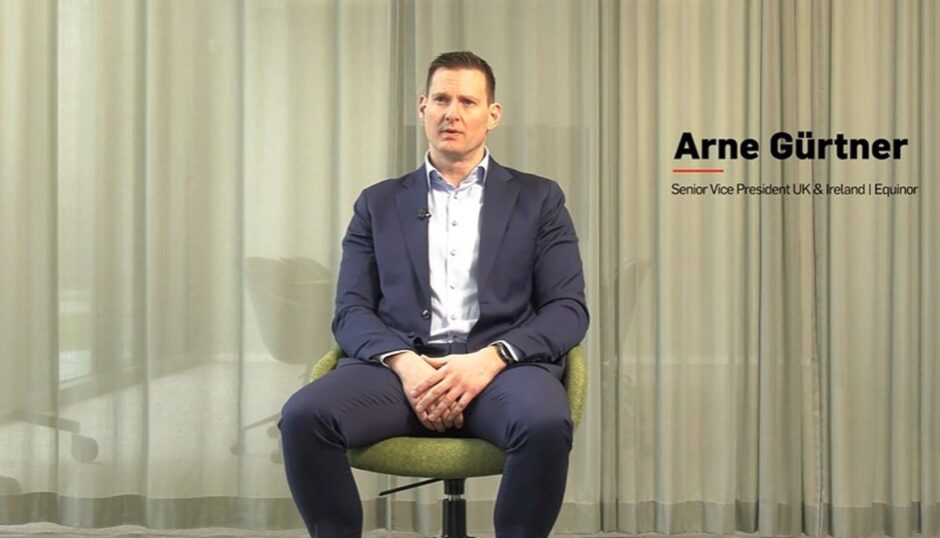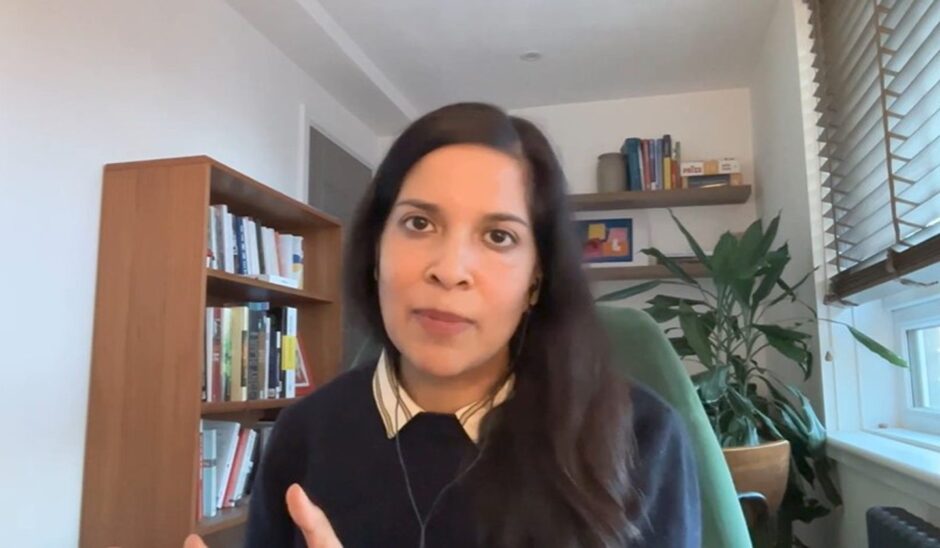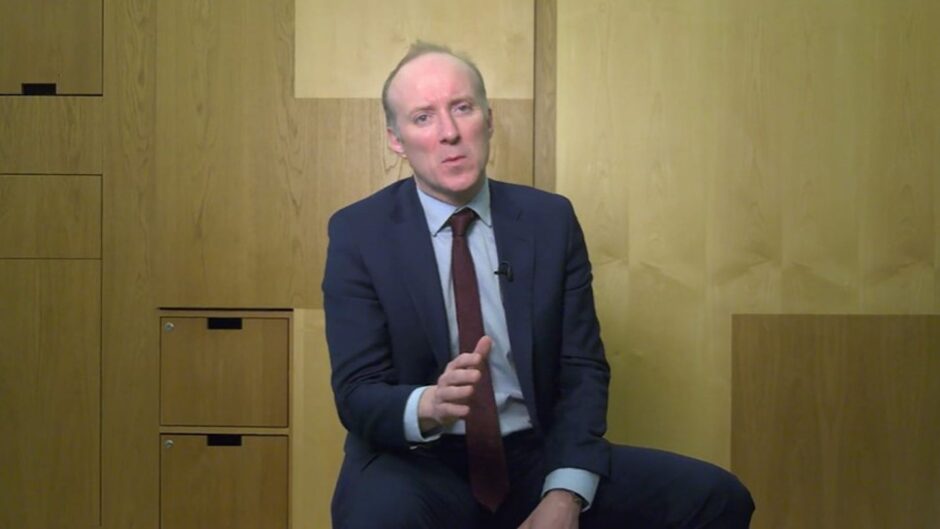An Energy Voice documentary answers key questions on the furore around Rosebank, the largest untapped find in UK waters and perhaps the most controversial oil field of recent times.
Between various COP conferences, rising oil and gas prices, windfall taxes and job cuts for the energy industry, Rosebank has been placed at the centre of a battleground on the climate and the future of the sector.
Energy Voice’s documentary, The Road to Rosebank, explores the politics and controversy surrounding the UK’s largest undeveloped oil field, as questions arise on its emissions, investment and its role for energy security.
The film assesses the unprecedented political pressure on the industry as a general election looms, balancing the industry view of the need for projects like this in the UK against thousands of people who have signed petitions to “Stop Rosebank”.
It asks whether the UK should halt new investment as oil and gas fields dwindle and renewables jobs are yet to scale up, while also assessing whether oil and gas firms are doing enough to move the green transition dial.
Rosebank’s emissions, including its scope 3 end products, come under the spotlight, as the piece also analyses whether this activist “lightning rod” has drawn attention away from other fields being approved in the UK with higher emissions intensity.

Including exclusive interviews from operator Equinor, opposition NGOs, politicians, unions, analysts and commentators, the film investigates the role of the project on the UK and global stage and what needs to be done to secure a just transition for the sector.
What is the Rosebank oil field?
Sitting 80 miles off Shetland, the 300-million-barrel oil field has been subject to national and international press attention, particularly in the wake of the “Stop Rosebank” campaign and the spike in commodity prices following the invasion of Ukraine.
Approved in September 2023, work is underway to bring the project online in coming years, expected to keep producing into the 2050s.
As the International Energy Agency says no to new long-lead oil projects, this first-of-its-kind piece for Energy Voice examines whether the UK – and the world – continues to need projects like Rosebank.
The documentary includes analysis on how it stacks up to megaprojects in the North Sea’s history and those planned for other parts of the world.
A prism for the future of the industry
The piece spans from climate controversy of Cop26 in Glasgow to the surging oil prices of 2022 to today’s stormy political conditions leading to the election.
Economics, imports, security, emissions and the workforce form key pillars of the piece, as the future of investment and jobs in the sector is put in doubt by policymakers.
Who is in ‘The Road to Rosebank’ documentary?
The hour-long piece spans several topics, starting with why Rosebank has proven so controversial.
From there, it assesses topics including energy security, emissions, climate checkpoints, legal challenges against Rosebank, jobs and economics, the pledge of a “proper windfall tax” under Labour and the asks going into an election year.
Contributing interviews include Equinor UK vice president Arne Gurtner, Tessa Khan from NGO Uplift, Scottish Conservative MP David Duguid, Scottish Labour shadow finance secretary Michael Marra and RGU energy institute director, professor Paul de Leeuw.
The hour-long piece also includes Alex Armitage of the Shetland Greens discussing fuel poverty on the islands, Unite the Union and Offshore Energies UK on the energy jobs transition, analysts from Westwood Global and Welligence, Aberdeen and Grampian Chamber of Commerce, along with other industry commentators.
“The Road to Rosebank” is exclusive to Energy Voice subscribers.
Recommended for you

 © Supplied by DCT
© Supplied by DCT © Supplied by DCT
© Supplied by DCT